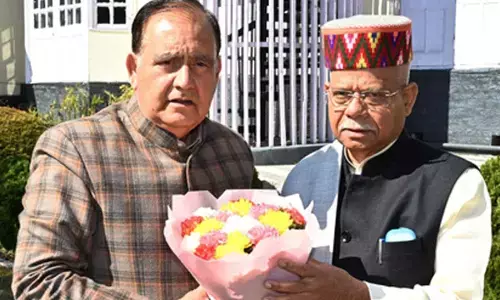Careers in social sciences, humanities, and liberal arts

Liberal Arts Education has evolved over the last few years to address the challenges of the modern world better and is an amalgamation of classical approaches integrated with contemporary practices. Some of the subjects and courses offered are - History, Sociology, Psychology, Language and Literature, Political Science, Economics, Art and Music, Philosophy, Media and Communication Studies, and Natural Sciences
Liberal arts education, as a career choice, has gained significant traction in recent times. We are witnessing several universities offering programs rooted in liberal arts education. Universities are integrating liberal arts education into their academic offerings at various levels. This includes a dedicated liberal arts program, humanities-focused programs with a liberal arts emphasis, and even the integration of liberal arts perspectives into traditional STEM programs.
This trend highlights the growing recognition that well-rounded graduates with strong communication, critical thinking, and analytical skills are essential in today’s complex world.
India’s National Education Policy (NEP) 2020 champions Liberal Arts education as a way to prepare students for the 21st century. Recognizing the need for well-rounded individuals, NEP promotes a holistic and multidisciplinary approach to learning. Liberal Arts programs allow students to delve into a variety of subjects, from humanities and social sciences to natural sciences.
This exploration fosters an understanding of diverse cultures and critical thinking methods, problem-solving approaches, and various forms of expression. Students develop a strong foundation in critical thinking, research, communication, collaboration, creativity, and independent inquiry – all essential skills for success in a rapidly changing world.
The transdisciplinary nature of Liberal Arts equips graduates with a breadth of knowledge and transferable skills that are valuable across a vast array of careers. This can span fields like research and development, entrepreneurship, and leadership roles. Most importantly, it prepares students to become life-long learners. Liberal Arts education prepares graduates not just to survive but thrive in a world increasingly shaped by technology.
Liberal Arts Education has evolved over the last few years to address the challenges of the modern world better and is an amalgamation of classical approaches integrated with contemporary practices. Some of the subjects and courses offered are - History, Sociology, Psychology, Language and Literature, Political Science, Economics, Art and Music, Philosophy, Media and Communication Studies, and Natural Sciences.
The curriculum is designed to be more interdisciplinary and to emphasize the integration of different knowledge domains. For example, courses like Digital Humanities have emerged to explore the intersection of technology and culture. Data Science and Data Visualization blend technical skills with liberal arts approach to understanding and communicating data.
Courses in Language and Literature empower individualsto communicate effectively and collaborate in a digital environment. Engineering Psychology, or Human factors engineering, is a subfield of psychology that focuses on designing products and systems, the interaction between humans and technology, studying human perception and cognition, and improving human performance and well-being.
Steve Jobs, former CEO of Apple Inc., a strong advocate for liberal arts, states, “it’s in Apple’s DNS that technology alone is not enough – its technology married with liberal arts, married with the humanities, that yield us the results that make our heart sing.”
In today’s digital era, the need for well-rounded and culturallyliterate individuals is more important than ever. Empathy, compassion, and respect for others, appreciationof different cultures, perspectives, and experiences are critical in multicultural workplaces and lead to global citizenship.
Liberal Arts and Humanities encourage students to analyze, interpret and think critically about the world around them, which is valued by employers. Andragogical approaches in Liberal Arts Education recognize that students have control over their learning process and seek to empower them to take an active role in their education through evolution and adaptation. Liberal Arts education prepares students not only to make a living but also to make a life.
Modern Liberal Arts Educationplaces greater emphasis on practical skills and hands-on experience to better prepare students for dynamic environments. And there is a definite opportunity for students to opt for LiberalArts to make the world a better place.
(The author is Associate Professor& Head, Department of Liberal Arts, Humanities and Social Sciences, Manipal Academy of Higher Education (Blr Campus)








